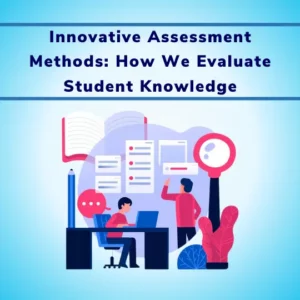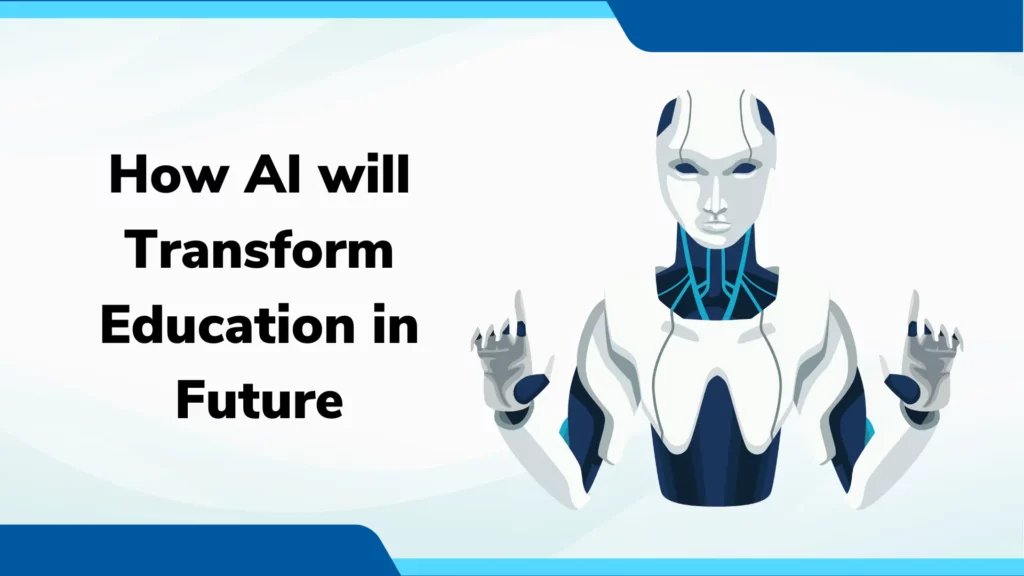
Article Contents
What is AI and how can it be used in education?
Artificial Intelligence (AI) is the latest technology that enables machines to understand concepts. Just like humans, AI keeps learning and improving.
Unlike the older algorithms, AI can process data dynamically. AI is being adopted across all sectors and the education sector is not an exception.
AI in Education Market size was valued at US$ 2.90 Bn in 2022 and is expected to grow at 43.8% through 2023 to 2029
AI-integrated Edtech tools are much more efficient than normal ones. While many of us believe that AI is only part of modern robots, in reality, AI has touched every part of our lives.
Here are certain examples of AI-powered tools that most of us use almost daily-
- Personalized Ads- AI algorithms understand the browsing pattern and suggest the relevant content to the user
- AI assistants- Most digital assistants like Alexa, Jarvis, and Siri are AI-powered
- Chatbots- Most of the times we visit a new site, we come across a welcoming chatbot that guides you through the site and interacts with you, these chatbots- are one of the best examples of AI-enabled tools
Just like any other field, AI has found its wide variety of applications in the Edtech field, Here are a few examples-
- Intelligent question paper generation from a question bank.
- AI-powered remote proctoring.
- AI-driven auto document verification.
- Auto-descriptive answer evaluation.
- Generative AI Assessments for Student Exams
With AI coming so far and becoming a part of EdTech and learning we only keep looking further into what else could AI in the form of EdTech be incorporated into learning and education.
There are various ways AI can help in better teaching and learning.

Here is how AI is revolutionizing the Edtech-
Role of AI in modern classrooms
Digitization of classrooms across the nation has reached a peak in recent years, the central government is focusing on making the classrooms digital.
According to Forbes Research, The global AI market is expected to grow at an annual rate of 37.3% between 2023 and 2030.
AI is an inevitable part of digital classrooms. One way AI can be used in the classroom is to provide personalized learning experiences for students. AI can identify the interests of the students and suggest engaging content to them helping students to nurture their interests.
Interactive learning has always been regarded as one of the best ways of learning. AI-enabled chatbots can deliver academic concepts to students in an interactive manner.
Platforms like Chat GPT from open AI are already making waves with great capabilities to answer any question asked in the chatbot.
Ultimately, AI has the potential to transform education and improve outcomes for all students.
Generative AI: A Game-Changer for Learning
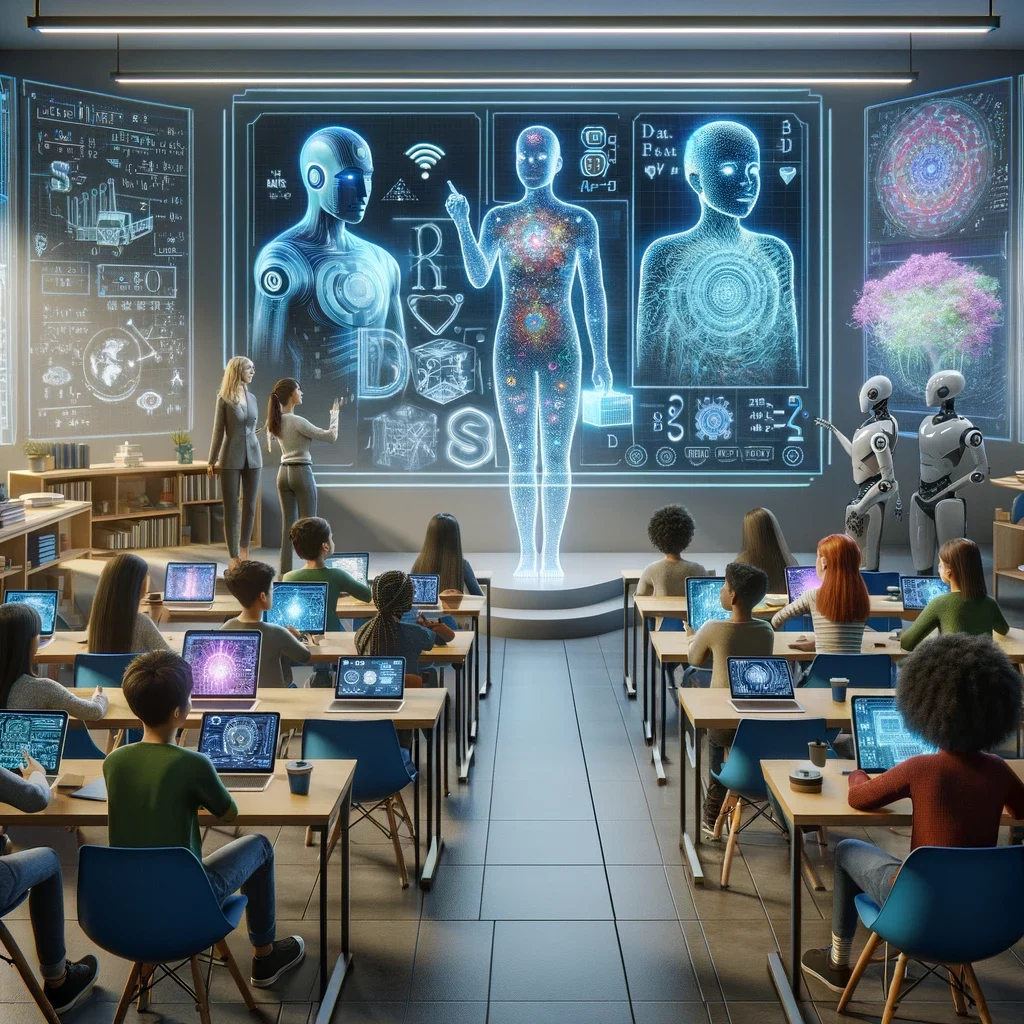
Let’s talk about something cool called Generative AI and how it’s going to make a big splash in schools and colleges. Generative AI is a type of technology that’s really smart and can do a bunch of helpful things. It’s like having a super interactive and smart study buddy.
For example, schools can use Generative AI to make up test questions on the fly or to create fun quizzes that talk back to you. It’s like playing a game where the AI asks you questions, and you answer them. But here’s the neat part: as you talk or write your answers, the AI listens and gives you tips and feedback right away.
Let’s say you’re learning how to give great speeches. The AI can listen to you practice and tell you how you’re doing, kind of like a coach. It’s not just about right or wrong answers; it’s about getting better at what you’re learning.
And when it comes to tests, you don’t just sit there with a bunch of questions in front of you. Instead, you might get a story or a problem to think about, and the AI will chat with you about it. You come up with your own answers, and the AI helps you see how you did. The best part? It’s totally fair. The AI doesn’t play favorites, so everyone gets the chance to show what they know.
So, in short, Generative AI is all about making learning and tests more like a conversation and less like a chore. It’s a new way to help students learn better and have some fun along the way.
Generative AI can help you in assessing student performance without any bias
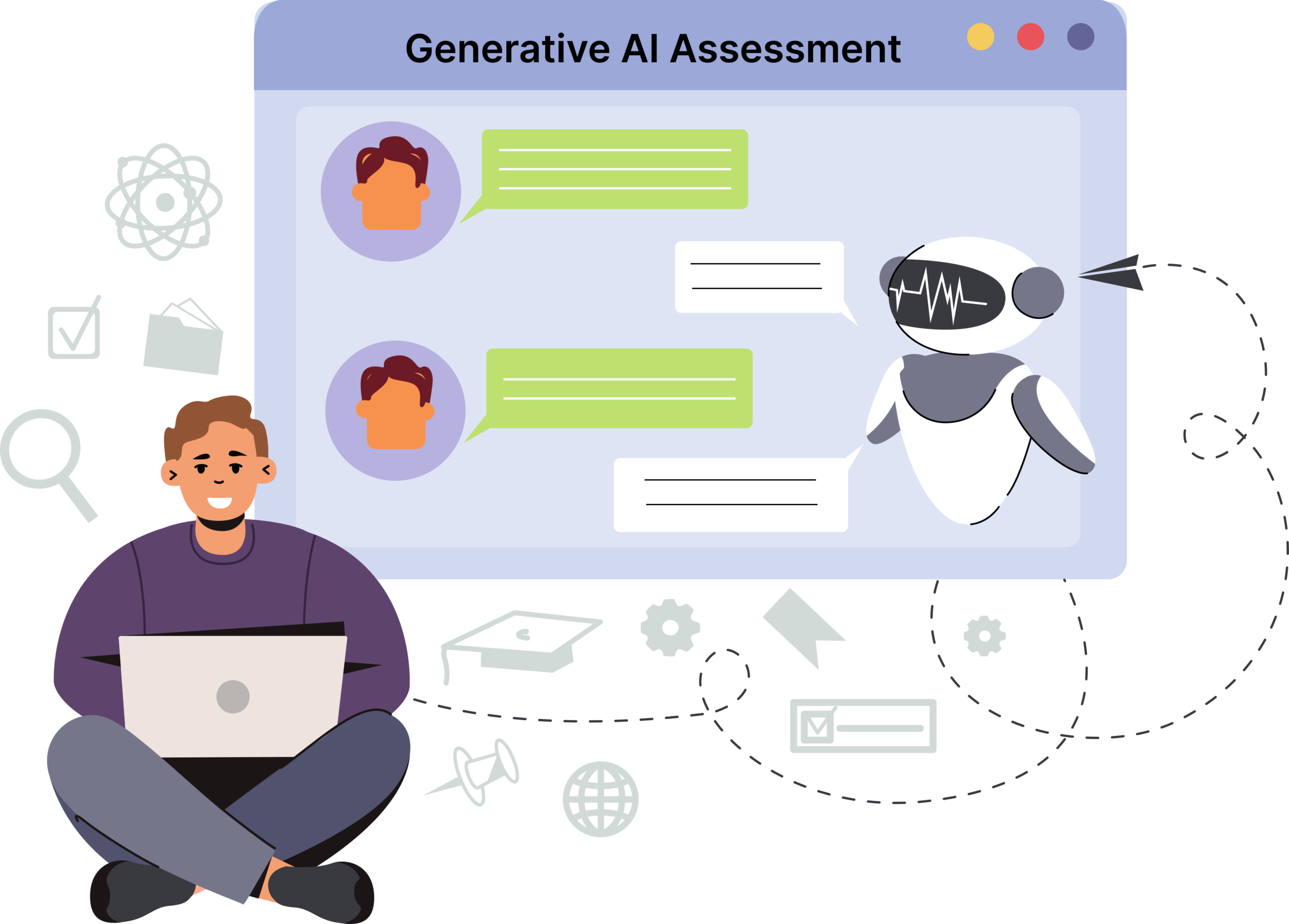
Generative AI assessments can evaluate student for a particular domain. You can define case study, scenario based questions which are dynamic, practical .
It would help you to evaluate problem solving ability, domain knowledge of the student in much better way compared to traditional examination process.
Use AI to Define Question Paper According to Syllabus
Generative AI is revolutionizing how educators prepare exams. It offers a unique approach to creating question papers. With this technology, exams align precisely with the syllabus, subject, and specific topics. Moreover, educators can fine-tune the difficulty level to match the evaluation criteria.
This AI-driven method enables the creation of exams that not only test theoretical knowledge but also focus on practical understanding and problem-solving skills. It’s a significant shift from traditional methods, fostering a more comprehensive assessment of student capabilities.
AI: Your Educational Ally
One of the standout benefits of using Generative AI in exam preparation is the independence it offers from subject matter experts. While their insights are invaluable, AI steps in to save time and resources. Educators can now swiftly generate question papers without constant reliance on experts. This automation doesn’t just save time; it brings a new level of precision and customization to exam creation.
Empowering Educators and Students Alike
Generative AI in exam preparation is more than a tool; it’s a game-changer. It empowers educators to create more effective, relevant, and engaging exams. For students, it means facing assessments that truly reflect their understanding and skills. This AI application is a stepping stone towards a more efficient, insightful, and tailored learning assessment process.
Use AI as an Add-on and not a Replacement
There are some concerns that people have about using AI in education. One worry is that AI could eventually replace teachers altogether. Another concern is that AI might not be able to truly understand and replicate the human learning process.
However, some people believe that AI can be used to supplement and enhance the work of teachers rather than replace them.
AI tools that have been used in the market have only shown efficiency in the learning and education of students because of a teacher operating it smoothly.
Not only that but AI has shown how there have been much more equal and fair education and learning opportunities for all students whether it’s distance learning students with disabilities or any other barriers.
AI has helped in reducing this gap and barriers in learning and benefits all sectors of education.
Auto-descriptive answer evaluation using AI
With the advent of artificial intelligence (AI), many tedious tasks can now be conducted at a much faster speed with higher speed.
One such task is checking answer sheets for mistakes. AI can be used for the auto-evaluation of the answer sheets.
AI tool quickly evaluates the descriptive answer and provides a guideline for evaluators to check the answer. This greatly speeds up the process of grading papers, as well as reduces the possibility of mistakes.
In other words, AI can greatly help expedite the descriptive answer evaluation process. The AI tool quickly reads through the answer and provides valuable inputs to the evaluator for marking, the evaluator can read AI input and validate it.
Further, AI can help in identifying whether the answer submitted by the candidate is authentic or not.
Although there are some concerns about using AI in education, the potential impact on education is significant with over 70% of colleges and universities turning to incorporate AI into learning.
Check out the Eklavvya Descriptive Tests.

Can AI automate the evaluation of descriptive answer sheets?
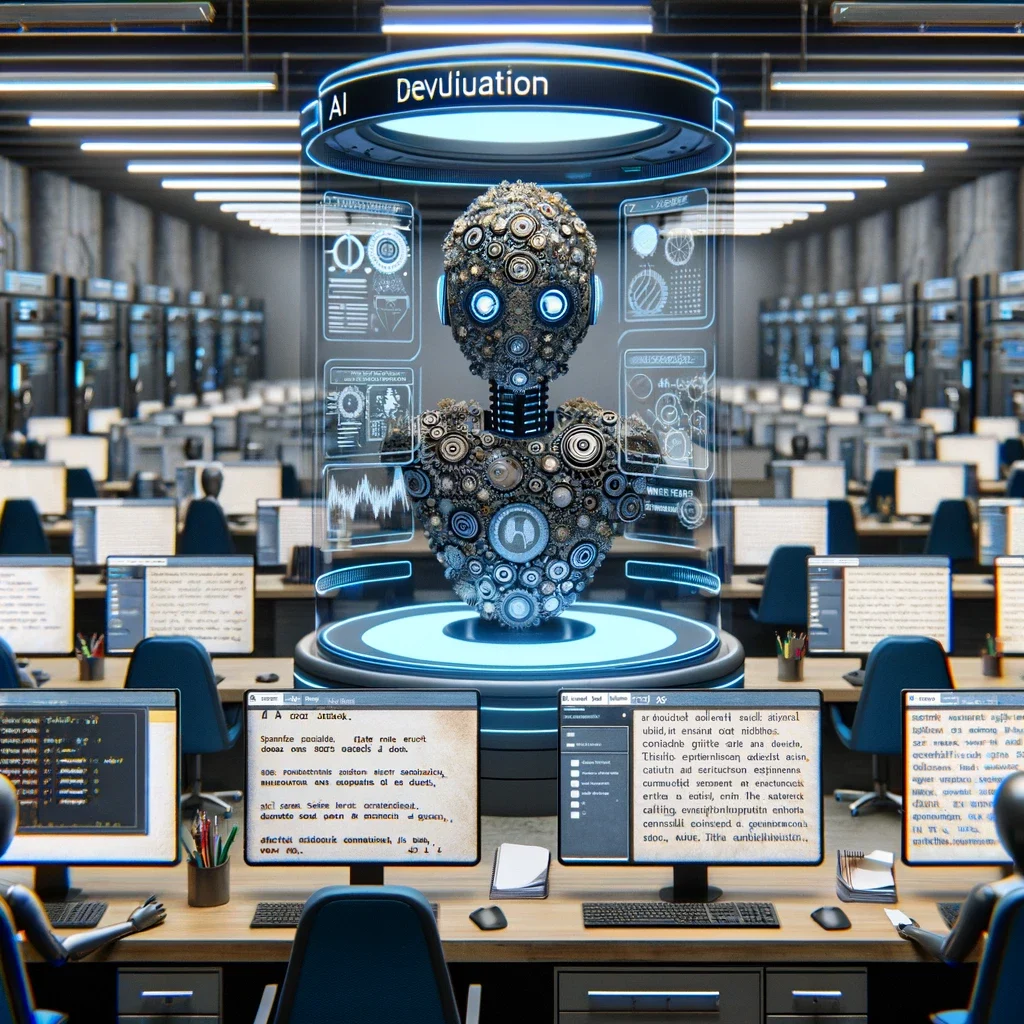
AI tools and inbuilt AI systems can soon take over the evaluation of descriptive answers.
If you were told that an AI tool could simply evaluate descriptive answer sheets based on the data that it has been fed and has encountered which can be time-consuming and far more efficient? It would be a little difficult to believe in its capabilities.
AI inbuilt tools now are available and being used for evaluating descriptive answer sheets which have become an unbiased and fair guide to the teachers in the marking of these descriptive answer sheets and also have been taking over the evaluation of descriptive answer sheets based on whatever material and data for the marking is provided or fed to it.
These AI tools work through multiple different data that you can store into it and look through all of it to just evaluate the descriptive answer sheets.
Additionally, if these AI tools have built-in plagiarism checkers, then these AI tools while evaluating descriptive answer sheets can also check for plagiarism which is much quicker and instant as feedback to the teachers.
Read more on AI-enabled evaluation of descriptive answer sheets.
Simplification of Academic Documents Verification with AI

The majority of the academic processes require document verification, and most of the time, this work comes in bulk where the administrative staff of the educational institute needs to verify 1000s of documents within a short period.
On one hand, this process is tedious and on the other hand, it is time-bound.
One example of such an academic process is the admission process. The admission process is very tedious for the administrative staff, especially when it comes to verifying and evaluating all the documents that are submitted.
All kinds of documents are typically submitted, like mark sheets, leaving certificates, caste certificates, etc. and all of them need to be looked at individually to generate an accurate merit list.
This method is very time-consuming since it requires multiple evaluators to go through each document one by one to check if everything is in order.
Here is how AI-enabled technology can help you automate the document verification process for admissions-

AI-powered Remote Proctoring
In addition to the many benefits that AI brings to classrooms, it can also be used to help with remote exam invigilation.
AI proctoring can help you to conduct remote assessments for students as per their flexible schedule and time selected. This is a great way to provide students with opportunities to take exams even if they are not able to travel to a testing centre.
AI proctoring can help to ensure that exams are conducted fairly and securely. By using AI proctoring, you can help your students to have a positive and successful assessment experience.

Sometimes what a regular proctor may miss out on when proctoring students, AI proctoring is quick at catching onto any rules being broken or unfair practices by students.
Conclusion
Undoubtedly, AI is one of the biggest breakthrough technologies that have revolutionized the world. The upcoming year will surely witness the use of AI reaching its all-time peak.
As we have already seen, AI can be a guide to mark assessments or it can automate the evaluation of descriptive answer sheets. It can also be used in classrooms to make it efficient.
AI tools can help save time and at the same time make work and marking much more efficient and quicker with it guiding the teachers too.
AI has started becoming a norm and a trend in learning and education all at once. It has only shown better and more efficient changes that it has to offer and is bringing in therefore, AI may be just the right thing to turn to.
Various AI tools can help you in your school’s daily activities, here are a few to count-
-AI-enabled Question Paper Generator
-AI-powered auto-remote proctoring
-Auto-descriptive answer evaluation
-AI-enabled interactive learning
-Simplification of document verification using AI
AI algorithms keep learning on the basis of data fed to the system, on the basis of an ideal answer, AI can identify if or not the answer given by the student is relevant to the question, this is primarily done on the basis of keywords in the answer.
AI can help in further enhancing the speed and quality of the descriptive answer evaluation.
Read more at- https://www.eklavvya.com/blog/descriptive-answers-evaluation/
https://www.eklavvya.com/auto-descriptive-answer-evaluation-demo/
AI comes up with powerful face recognition algorithms, which make it possible to identify if the same person with an ID card is giving the examination, AI further helps in identifying if the candidate is trying to copy the answer from any sources. By the end of the examination, AI generates a report that contains details of student activity, it specifically mentions the number of malpractice attempts that students might have done. The proctor can access and verify the same. This makes the AI proctored assessments highly reliable.
Author

Swapnil is a seasoned Information Technology expert with over 15 years of industry experience. He is a well-versed digital thought leader in the education sector and has made meaningful contributions to the field through his work on cutting-edge EdTech platforms.
As a knowledgeable reader and insightful writer, Swapnil regularly shares his expertise on the latest technology trends and developments in both the education and IT sectors.
Swapnil is the visionary founder of Splashgain, a leading Education Technology company in India. Under his leadership, Splashgain has made significant strides in developing innovative solutions for examinations, proctoring, digital admissions, and more.
By collaborating with educational institutions, universities, and corporations, Splashgain is driving the use of AI to transform the education and corporate sector and has already filed a patent for an AI-powered product that is set to disrupt the industry.


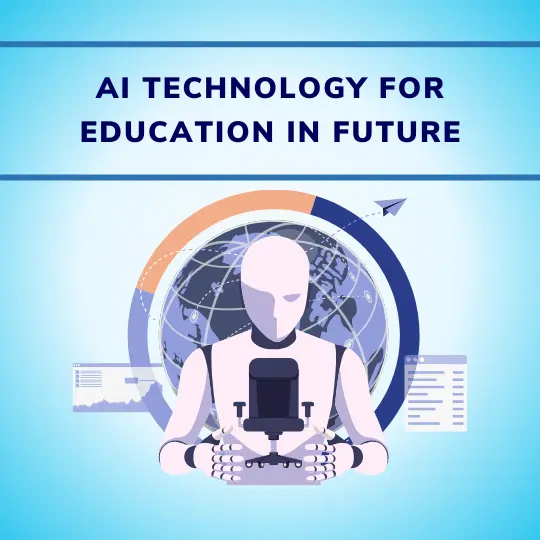
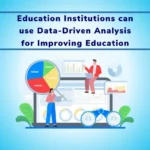
![How Government-Led Exams at 250+ Locations Are Setting New Standards of Integrity [Case Study]](https://www.eklavvya.com/blog/wp-content/uploads/2024/04/Enhancing-Exam-Integrity-Government-Certification-in-250-Locations-150x150.webp)
![Transforming Central Govt. Exams Evaluation: How Onscreen Marking is Leading the Charge [Case Study]](https://www.eklavvya.com/blog/wp-content/uploads/2024/04/How-Onscreen-Marking-Revolutionized-Central-Govt-Exams-Case-Study-1-150x150.webp)
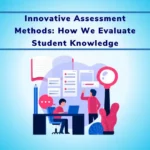
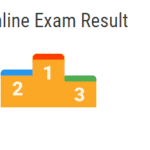










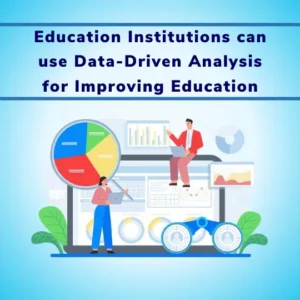
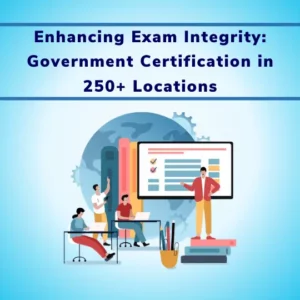
![How Onscreen Marking Revolutionized Central Govt Exams [Case Study]](https://www.eklavvya.com/blog/wp-content/uploads/2024/04/How-Onscreen-Marking-Revolutionized-Central-Govt-Exams-Case-Study-1-300x300.webp)
